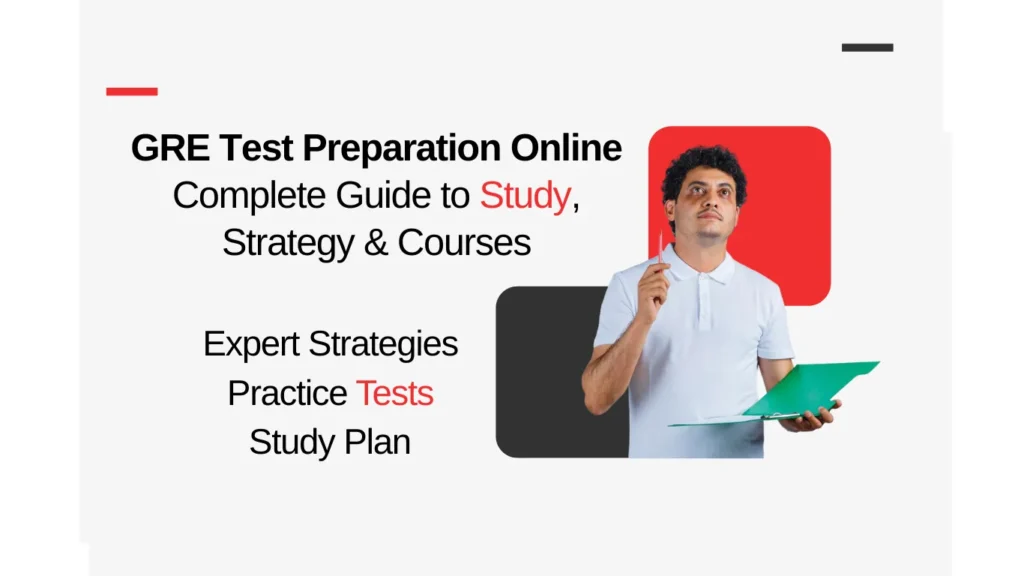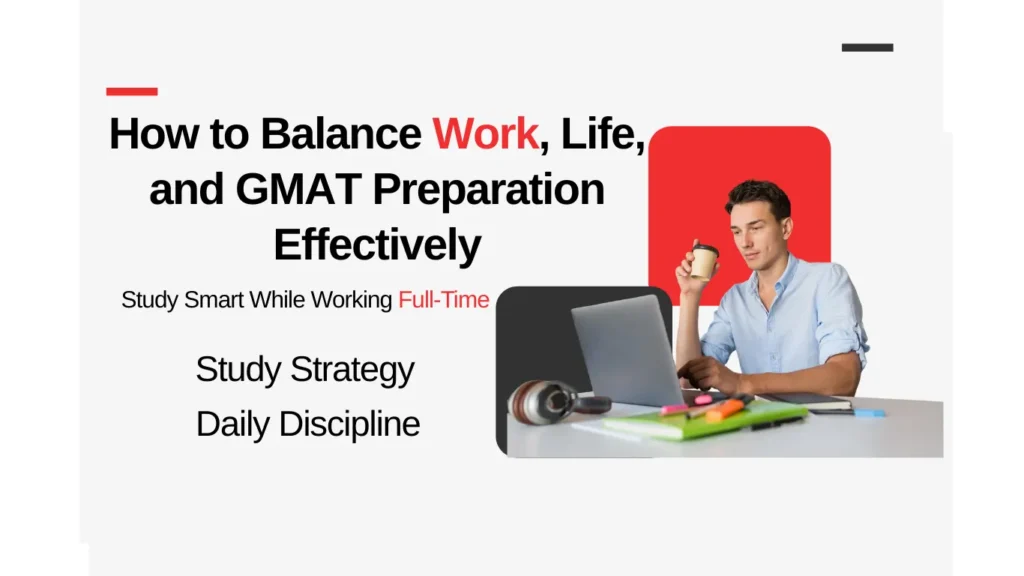So, you’re staring at that GRE Verbal Reasoning score and thinking — “I could do better.” Good. That’s exactly the mindset you need.
Verbal Reasoning on the GRE isn’t about memorizing fancy words. It’s about seeing patterns, reading between the lines, and thinking the way test-makers think. The good news? Anyone can improve with the right mix of habits, practice, and guidance.
And yes, we’ll talk about where you can get help too — because sometimes you need structured training like the Best GRE classes in India to really push your score higher.
Let’s start breaking this down, step by step.
Understand What GRE Verbal Really Tests
Most people assume the verbal section is just vocabulary. It’s not. The GRE tests logic wrapped inside language.
You’re being judged on:
- How well you understand complex ideas
- How you handle abstract reasoning
- Whether you can identify tone, purpose, and inference
Sounds heavy, right? But it’s just practice. The key is to train your mind to slow down and actually “see” what the passage is doing — not just what it says.
For example, instead of memorizing 5000 words, focus on word roots and context clues. That’s smarter prep.
Build Vocabulary the Smart Way
Let’s be honest — vocabulary can feel endless. You open a flashcard app, and it feels like you’re drowning in words you’ll never use.
Here’s the trick: Stop treating it like a memory test. Instead, connect words with emotions, stories, or images. Humans remember feelings better than facts.
Try this:
- Use Mnemonics – create short stories.
- Group similar words – like lucid, luminous, elucidate.
- Review daily for 10 minutes, not 2 hours once a week.
Little consistency beats big cramming sessions. Every single time.
Read Like a Detective
If there’s one section students underestimate, it’s Reading Comprehension. You think you’re just reading — you’re not. You’re decoding logic.
What works best?
- Skim for structure, not just sentences.
- Note contrast words: however, although, yet.
- Spot the author’s opinion vs. neutral facts.
And here’s something most people miss: Don’t read like a student. Read like a skeptic. Question everything.
That’s what GRE Verbal rewards.
Practice Precision with Text Completion
Text Completion isn’t about guessing. It’s about being precise.
Every blank is a clue. Each word fits logically, not emotionally.
Pro tip — when you see two possible answers, eliminate the “emotional” one. GRE loves logic, not drama.
Let’s say the sentence is:
“Although the author’s tone was __, her argument remained logical and unbiased.”
Here, words like critical or sarcastic won’t fit. Cautious or measured might.
That’s how subtle GRE verbal reasoning gets.
Time Management = Score Management
You know that feeling when you’re halfway through a passage and realize… time’s gone? Happens a lot.
Set small time goals during practice.
- 1 passage = 5 minutes max
- 1 Text Completion = 90 seconds
- 1 Sentence Equivalence = 60 seconds
Your brain works better with a timer. It trains your pace, not just your skill.
Review, Don’t Just Practice
This one’s huge. Most test-takers solve 100 questions and move on. Don’t. The gold is in reviewing mistakes.
Ask yourself:
- Why did I choose that answer?
- What logic did the test-maker use instead?
- Did I fall for tone traps?
That’s how you rewire your thought process.
If you can analyze your wrong answers with curiosity instead of frustration, you’ll grow faster than anyone else.
Consider Expert Guidance
Look, you can absolutely self-study. But if you’re serious about a top score, structured mentoring helps a lot.
Platforms like PrepGuru Academy offer some of the Best GRE classes in India, where you get guided strategies, realistic mock tests, and mentors who’ve been through the GRE themselves.
And honestly, that external structure often gives you discipline you can’t build alone.
If you’ve ever felt stuck on vocabulary or struggled to interpret tricky passages, that’s where coaching fills the gap.
You’ll get:
- Personalized feedback
- Section-wise pacing drills
- Real test-style practice sets
Basically, a shortcut to confidence.
Quick Practice Plan You Can Follow
| Day | Focus Area | What To Do |
| Monday | Vocabulary | 20 new words + 10 old review |
| Tuesday | Reading Comprehension | 2 long passages |
| Wednesday | Text Completion | 10 questions + review |
| Thursday | Sentence Equivalence | 15 questions |
| Friday | Timed Mixed Set | 30-minute drill |
| Saturday | Mock Test | Full Verbal Section |
| Sunday | Review + Rest | Analyze errors |
This plan works if you stay consistent. Even 45 minutes daily can make a real difference in 3–4 weeks.
Track Progress, Don’t Chase Perfection
You won’t see results every day. And that’s okay. Improvement shows up slowly — and suddenly.
Track your performance weekly, not daily. Use a notebook or a simple spreadsheet. Note patterns: question types you miss, timing issues, vocab gaps.
Then fix one thing at a time. That’s how top scorers train.
Final Thoughts
Improving your GRE Verbal Reasoning score isn’t about being a genius. It’s about patience, pattern-spotting, and practice.
And if you’re looking for guided support, explore PrepGuru Academy they’re among the Best GRE classes in India for structured, strategy-driven prep that actually works.
Remember, every correct answer starts with one thing clarity of thought. Train for that. The score will follow.




